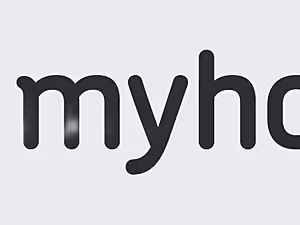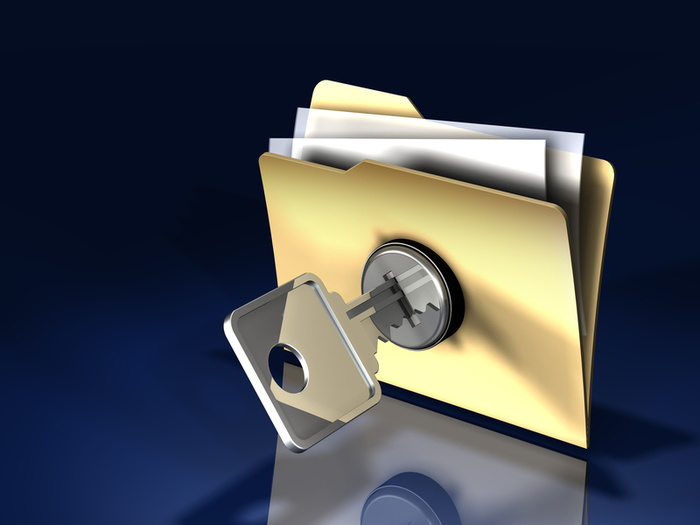
The government is reportedly considering chasing down homeowners who avoid paying the new €100 household charge by tracking information from the Revenue Commissioners and the ESB.
Amid a number of calls from opposition TDs for the 1.6 million homeowners affected by the charge to boycott it, the government showed how determined they are to try and catch those hoping to avoid paying the controversial levy.
Minister for the Environment Phil Hogan branded attempts to organise a mass boycott of the charge as "irresponsible".
As he did so it emerged the Government will use a variety of databases to ensure house owners do not evade payment.
Under the new law, the ESB, the Revenue Commissioners and the Private Residential Tenancies Board (PRTB) will all pass data on to councils to help identity properties liable for the charge.
According to today’s Irish Independent:
- The ESB database can show specific properties where electricity is used - pinpointing those that are occupied.
- The Revenue has information on property transactions, such as stamp duty, VAT and capital gains taxes.
- The PRTB has data on rental properties.
Together, the data will help provide a clear picture of who is paying and who is avoiding the charge.
The big question all this raises is: is this fair? After all, why can’t the same methods of tracking be used to hunt down welfare cheats or those refusing to pay tax.
The example of the TV licence is probably the best one to some up how backward this thinking is. Everyone with a TV has to pay the €160 fee but if you move into a new house, unless the TV licence inspector meets you face to face he or she has no idea who is living in the property. Therefore their letters, threatening fines, are effectively useless as you can’t prosecute someone if you don’t know who they are.
Until you pay that licence fee for the first time, they have no idea of tracking where you are living and considering the number of people who have moved homes in the last decade that number could be substantial. Therefore how is it right that systems such as the one above can be used to track a property tax?
That would surely be a breach of the freedom of information act, otherwise these methods would have been used much more often in the past.
Considering the fines for late payment range from €10 for six months, €20 for 12 and a max of €2,500, if the government really did have those powers at their disposal then surely there could be more profitable areas they could target.
For example, for every one person they catch claiming dole that isn’t entitled to it, it equates to almost two households paying the household charge. That’s not to mention targeting the black economy, which is estimated to be costing the government billions in lost revenue each year.
The charge is already controversial but using means like tracking people’s information is only fair if it’s done right across the board and even then, will people go for it? After all, it’s less than two months since people voted against the Referendum on inquiries by the Oireachtas, which would have given the Dáil and Seanad greater powers than ever before.
For now the government’s greatest problem is getting its own house in order. If it can’t even get well-paid members of the Dáil to agree to pay the charge, what hope have they of getting Joe Public to do so? Particularly with the likes of Joe Higgins, Aonghus O Snodaigh, Clare Daly and Thomas Pringle calling for a boycott of the charge.
This argument is likely to rumble on but the methods threatened last night are unlikely to be the solution.





